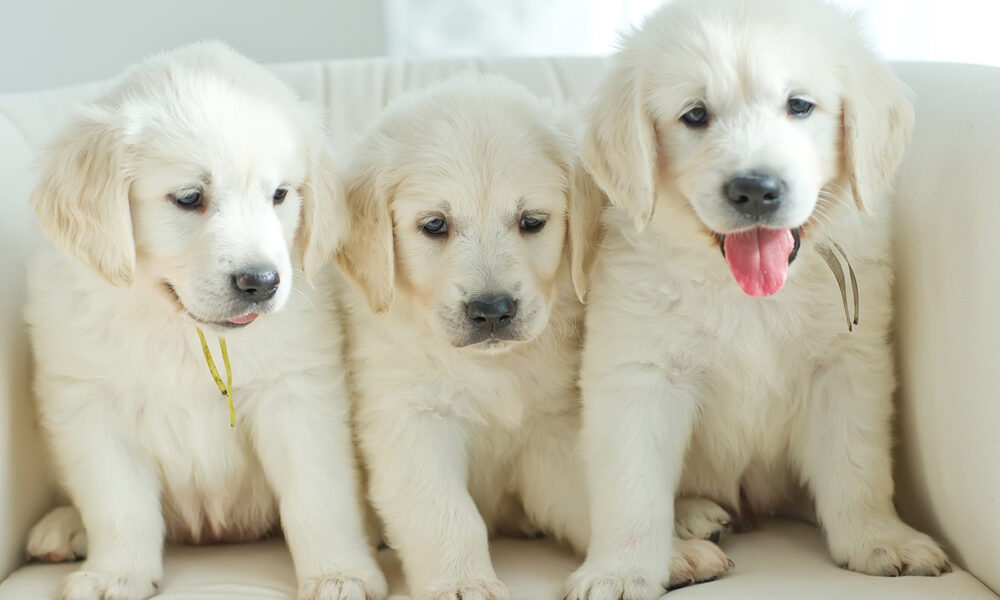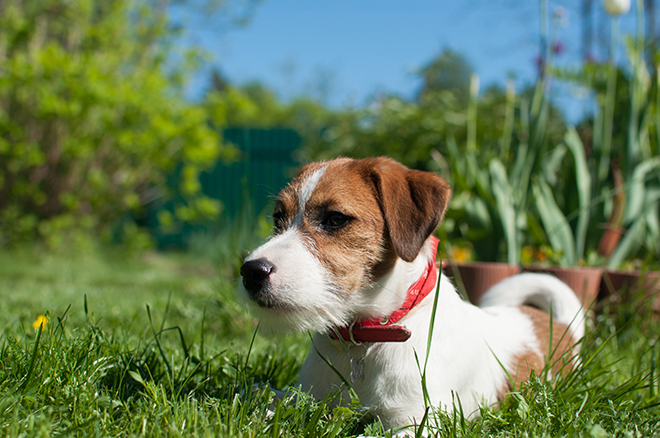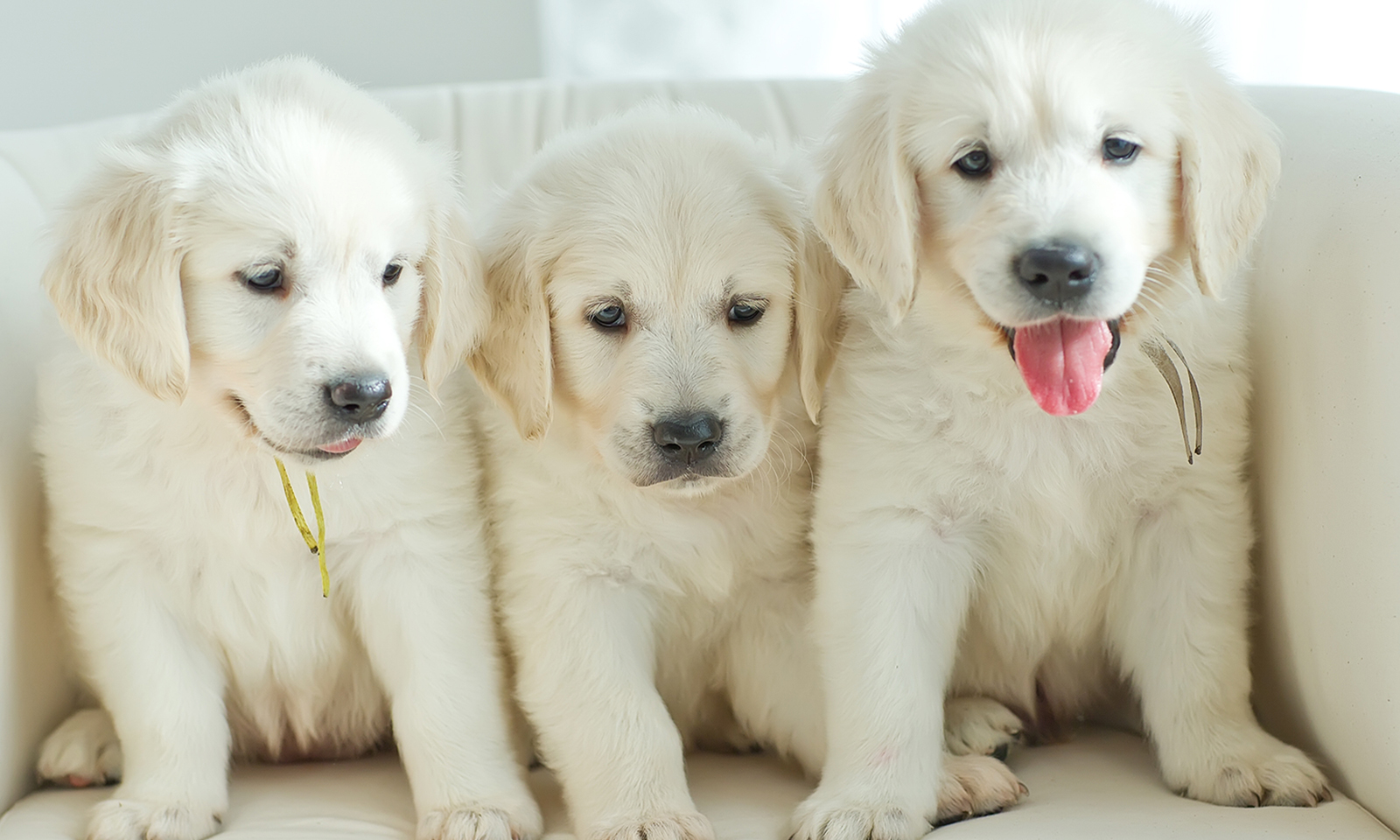

Even though the dog is a popular pet, very often, several questions remain with the owners regarding the provision of appropriate care. What not to forget what to pay special attention to – this will be discussed in the article.
So, how to properly care for a puppy or adult dog? Remember a few general points:
- feeding – it should be high-quality, balanced and of a proven brand;
- personal hygiene – the use of special shampoo and combs (for long-haired breeds) or rubber massage gloves (for short hair), as well as regular haircuts, clippers cutting with tweezers;
- games – only high-quality products specifically recommended for dogs;
- health – timely visit to the veterinarian, and in case of any chronic diseases or to take care of possible injuries according to thepets.net.
Special Occasions Of A Dog Care
Of course, when caring for a pet, you should take into account his age, breed, and even character traits. Some cases are worth mentioning separately:
Newborn puppies and mother-dog care
Caring for young puppies implies, first of all, caring for their mother. Control her diet and, in no case, experiment with replacing one feed with another. So that after childbirth, there are no complications, it is not recommended to give her meat the first ten days. When caring for a puppy, be attentive to their squeak, and be able to distinguish ordinary baby talk from screams of pain. Remember to control their weight and height.
If the babies do not have a mother or she is not able to care for them (for example, after a problematic operation), you should take care of newborn puppies yourself. The first step is to resolve the issue of feeding. Today, there are appropriate substitutes for milk. They should feed puppies up to 4 weeks. Subsequently, canned or dry food is bred in milk with a gradual increase in the ratio of the latter. Do not forget to control the temperature and spend a lot of time on hygiene.
Old dogs care
When caring for an old dog, you need to be especially careful. A dog at the age of 10 years old begins to face all the problems that are characteristic of older people. The pet can become more irritable, and immunity is reduced, problems with vision and hearing occur. Older dogs cannot chew on their own due to lack of teeth, so they need to be fed liquid food, as in the case of puppies. Many owners do not immediately notice the slowly occurring and developing diseases that worsen the quality of life of a four-friend, so if your dog is no longer young, be as careful as possible and surround him with care.

Postoperative dog care
Of course, in such a situation, many nuances depending on the breed of the dog and the nature of the operation, and detailed recommendations can be checked with the veterinarian. But in general, the rules of care come down to attention, equipping a cozy corner and the absence of excessive physical exertion. You need to feed the dog often, but in small portions, and, of course, give the medications prescribed by the doctor.
Nutrition
The responsible owner knows that proper feeding is an essential factor in the health and activity of the dog. Substances needed for the functioning of the body enter the body with food: proteins, fats, carbohydrates, minerals, vitamins, and water. These elements ensure the full functioning of all body systems, are responsible for a constant body temperature, cover energy costs, and serve for the growth and restoration of tissues. What is proper dog feeding? How to provide a complete diet to your pet?
Proteins are building material for the cells of any living creature. They are part of enzymes, ensure the normal functioning of the endocrine glands, are responsible for the immune system, and the synthesis of hormones. Animal protein is found in meat, fish, eggs, as well as in milk, cottage cheese, and cheese. The source of vegetable protein is mainly cereals, beans, peas, and mushrooms.
It is recommended that the meat for your dog is not too fat. Pork should be pre-cooked. Any other meat bought in the store can be given raw. The fish is suitable for the pet, both marine, and river, but always boiled (or subjected to any other heat treatment). Avoid smoked and salted foods, as they do not contribute to the normal functioning of the body and can cause various disorders. Eggs are preferable to be given to the dog in a cooked form, as raw eggs can provoke allergic reactions. Milk products are beneficial, but it is worth remembering that some dogs do not digest the enzymes contained in milk. In this case, dairy products will be a good option.
In addition to proteins, fats are also contained in the structure of tissues and cells of the body. They are an essential source of energy and provide the body with vitamins A, F, E, K. Without these elements, the regular vital activity of any mammal, including dogs, is impossible. As a rule, your pet will receive most of the necessary fats from meat. But do not neglect such foods as cottage cheese, sour cream, fatty fish, butter. In a small amount, it is useful to give the dog unrefined sunflower oil.
The primary source of energy is carbohydrates. Therefore, be sure to include various cereals and bread in your dog’s diet. A lot of carbs are found in potatoes – it is recommended to boil it and give a little in addition to meat or fish. Remember, the dog’s body can absorb cereals and vegetables only in the cooked form! It makes no sense to offer your pet chopped or grated raw vegetables, and especially grains. With prolonged feeding with such products, the dog can acquire chronic inflammation of the stomach.
Vitamins are biologically active substances, the lack of which leads to violations of all body functions. Vitamins are needed for metabolic processes, the normal functioning of the immune system, growth, and development. The absence of at least one of the vitamins in the dog’s food can cause serious diseases, so you need to monitor the balance of the diet of your four-legged friend. And if necessary, and on the recommendation of a veterinarian, you should use dietary supplements or individual synthetic drugs.
Minerals and trace elements, such as potassium, phosphorus, iron, magnesium, salt, zinc, iodine, and others, are vital for your pet. They are found in various products, which means that the dog’s diet should be varied. Many owners believe that the easiest way to ensure a balanced diet for your pet is to feed it with canned and dry food. This is true if the finished mixture that you buy from a reliable manufacturer meets all standards and does not contain artificial additives.
Feeding the dog should be thought out and individually. The diet depends on the age and weight of the dog, its activity, and physical activity. If the animal is inactive and prone to fullness, you should reduce the calorie content of the food. And vice versa: if the dog is not well-fed, include more nutritious meals with high-fat content.
Remember that metabolic disorders resulting from improper feeding can cause many chronic diseases that develop slowly and are difficult to treat. Do not feed the dog leftovers from your table, but think over a complete nutrition system. This guarantees the health and activity of your four-legged friend for many years!























